Helpful Medical Tips for Childbirth in Korea
- byDamilola Jimmy
- 4 months ago
- 0 Comments
- 3mins
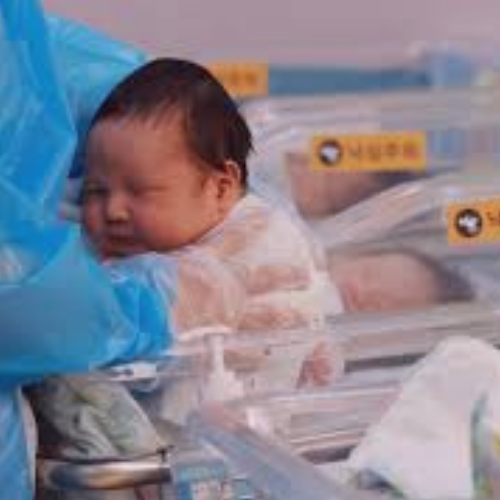
South Korea is one of the countries battling a low birth rate, and the government has been trying everything possible to raise the fertility rate. Due to this, a lot of programs have been put in place to support expectant mothers to a commendable extent.
The Korean medical system is one of the best in the world without leaving any department behind. Their medical practices have some of their cultural and natural traditions infused into it, giving everyone a unique and supportive experience.
If you ever find yourself pregnant in Korea or you are an expectant father, here are a few tips to help your journey:
Choose Your Birth Setting and Pain Management Strategy
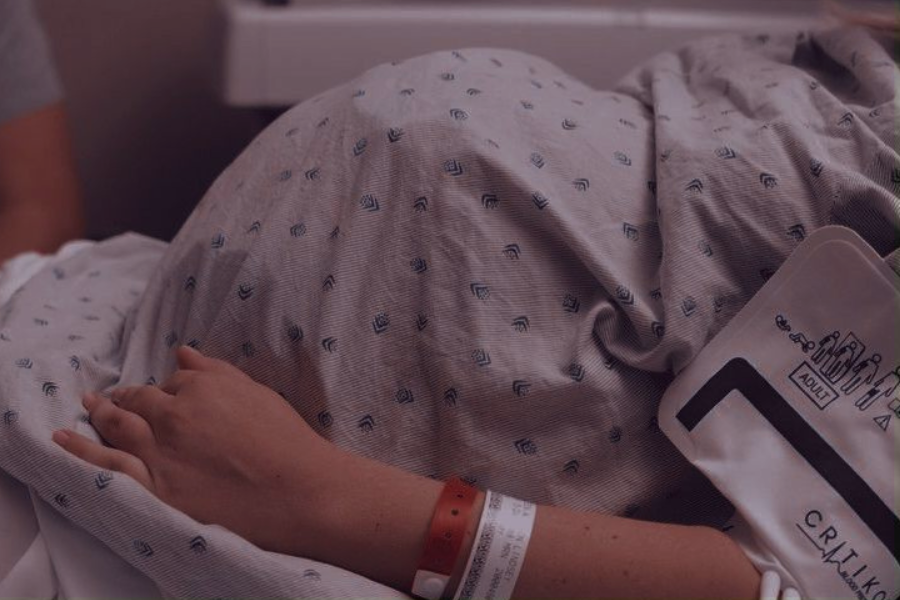
In Korea, you can pick between hospital births and more personalized birthing centers. Epidural anesthesia is widely available, but it is better to check anesthesiologist availability during prenatal visits before choosing a particular hospital. Some centers offer alternatives like water births or massage support if you want a gentler or more natural approach.
Understand the Role of Midwives and Doulas
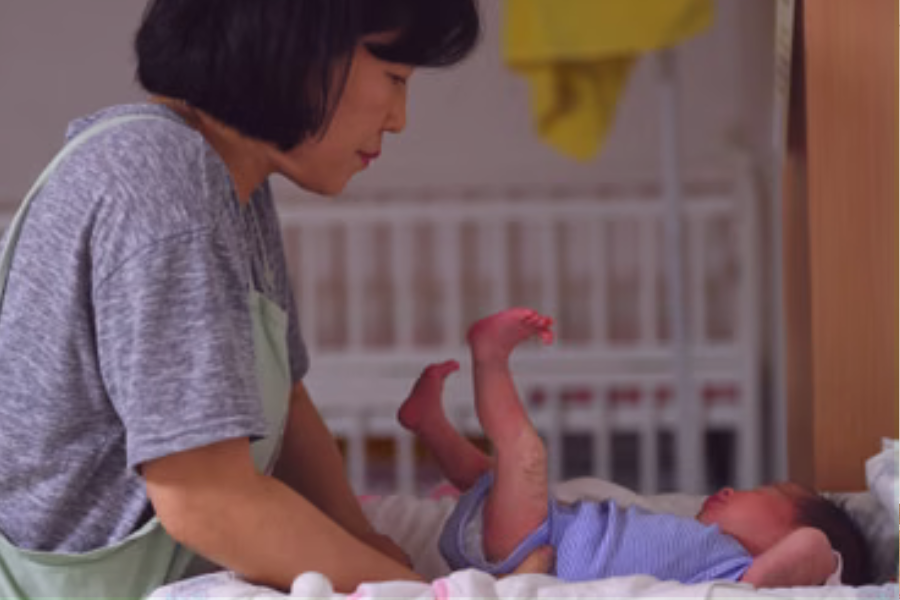
Midwives in Korea are not average; they are highly trained professionals. They can offer prenatal guidance, childbirth management, postpartum care, and newborn support, so you are in safe hands. In fact, studies reported that midwife-led birthing centers often have high successful rates and lower C-sections, lower postpartum hemorrhage risk, and less perineal tearing, compared to standard hospital deliveries. So, if you want a more natural but empowered birthing experience, you can consider them or doula-assisted labor.
Prioritize Postpartum Recuperation

After birth, the Sanhujori (산후조리), which is a unique postpartum tradition comes into full swing or about three weeks to a month. The mother must be on gentle rest, warm nutrition, and emotional support to help with healing. Nutritious meals like seaweed are served at specialized postpartum centers; massages are given, they are helped with lactation, and the newborn is placed in a spa-like setting for care. All these care boost the physical recovery and mental wellbeing of new moms totally.
The “Saam-chil-il” Rule
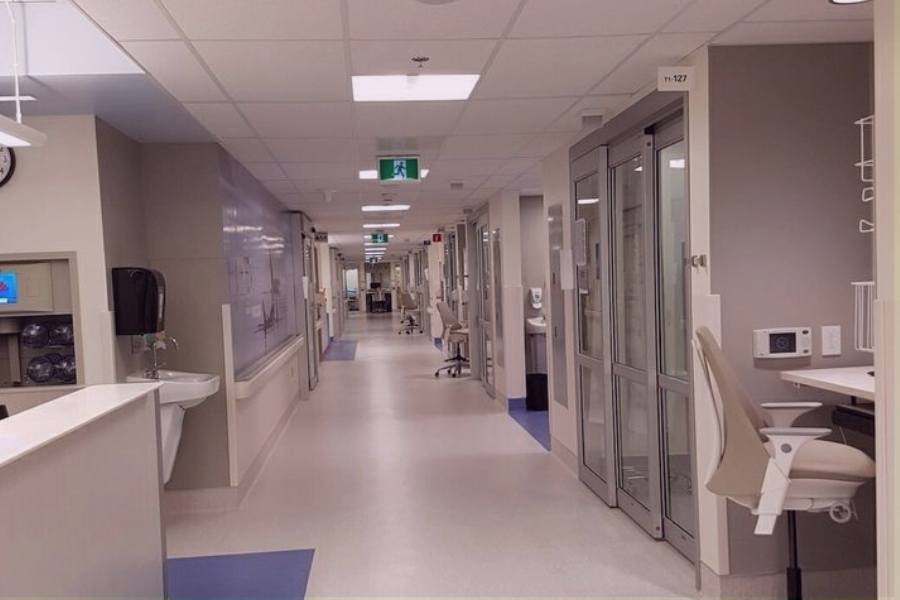
This is called the 3-weeks post-birth period where new moms have to avoid strenuous activity, cold exposure, and visitors. Medical professionals state that even mild movement must be with assistance in order to reduce risks like blood clots, constipation, and urinary issues.
Leverage Policy and Community Support
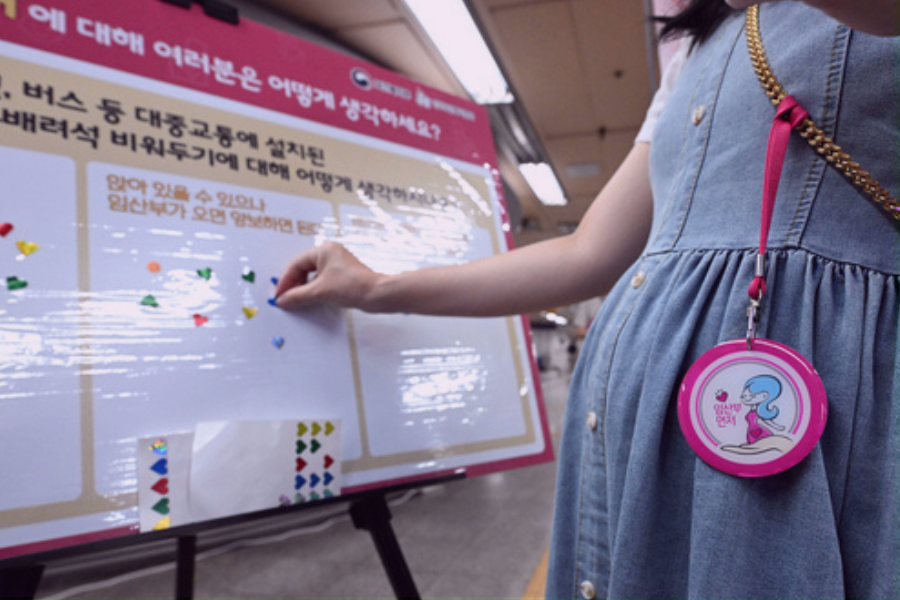
Korea’s healthcare system is also proactive. Parents receive a childbirth benefit of two million won for each child born. If it’s the second child, they receive three million won, and for twins, it’s around five million won to help with prenatal and newborn-related expenses.
Even the parents receive about one million won monthly for infants under a year old and about five hundred thousand won for children between a year and under 2 years even for non-Korean nationals. Additional regional subsidies, parental leave, and support for breastfeeding education give new families extra security.
All these give assurance that childbirth is supported by all in South Korea, with everyone coming together to make sure it’s a seamless experience for both the parents and child(ren). If you ever find yourself pregnant in Korea, it’s a call for celebration.
Tags:
Damilola Jimmy
The ink drips smartly over here. Let me take you through the world of my imagination while riding on the letters😎 It's all fun in this corner.
0 Comment(s)
Related Posts
Daily Newsletter
Get all the top stories from Blogs to keep track.
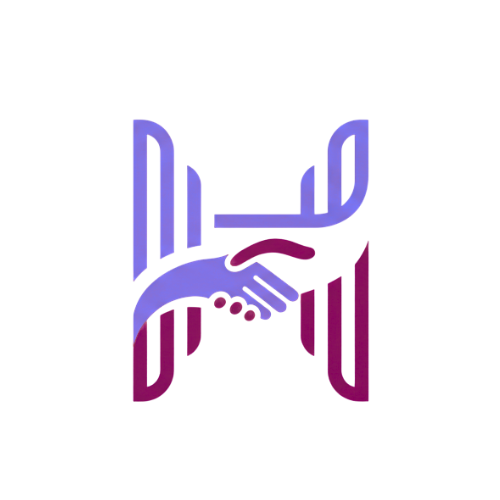

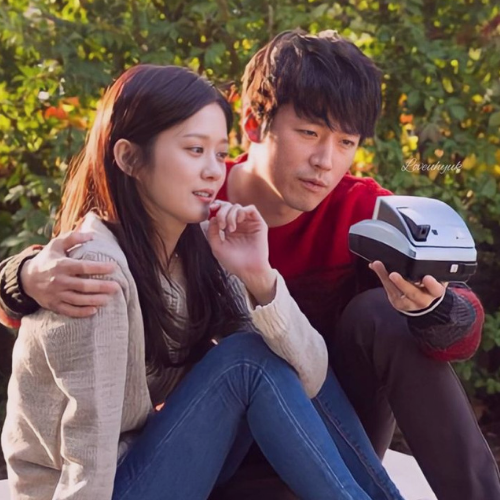


Leave a comment